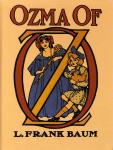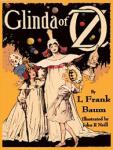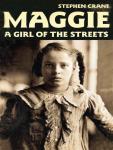Juana
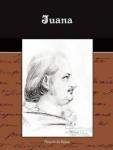
An awful destiny Juana, who felt neither esteem nor love for Diard, was bound to him forever, by a rash but necessary promise. The man was neither handsome nor well-made. His manners, devoid of all distinction, were a mixture of the worst army tone, the habits of his province, and his own insufficient education. How could she love Diard, she, a young girl all grace and elegance.
Contents
Related Books
Author other works
-

Bureaucracy
Honore de Balzac
In Paris, where men of thought and study bear a certain likeness to one another, living as they do in a common centre, you must have met with several resembling Monsieur Rabourdin, whose acquaintance we are about to make at a moment when he is head of a bureau in one of our most important ministries. At this period he was forty years old, with gray hair of so pleasing a shade that women might at a pinch fall in love with it for it softened a somewhat melancholy countenance, blue eyes full of fire, a skin that was still fair, though rather ruddy and touched here and there with strong red marks; a forehead and nose a la Louis XV., a serious mouth, a tall figure, thin, or perhaps wasted, like that of a man just recovering from illness, and finally, a bearing that was midway between the indolence of a mere idler and the thoughtfulness of a busy man. If this portrait serves to depict his character, a sketch of this man's dress will bring it still further into relief. Rabourdin wore habitually a blue surcoat, a white cravat, a waistcoat crossed a la Robespierre, black trousers without straps, gray silk stockings and low shoes. Well-shaved, and with his stomach warmed by a cup of coffee, he left home at eight in the morning with the regularity of clock-work, always passing along the same streets on his way to the ministry: so neat was he, so formal, so starched that he might have been taken for an Englishman on the road to his embassy.
-
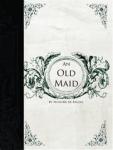
An Old Maid
Honore de Balzac
The story follows the life of Tina, a young woman caught between the mother who adopted her - the beautiful, upstanding Delia - and her true mother, her plain, unmarried 'aunt' Charlotte, who gave Tina up to provide her with a socially acceptable life.The three women live quietly together until Tina's wedding day, when Delia's and Charlotte's hidden jealousies rush to the surface. Originally serialized in The Red Book magazine in 1922, The Old Maid is an examination of class and society as only Edith Wharton could undertake.
-

The Country Doctor
Honore de Balzac
The country doctor, Monsieur Benassis, practices in a village called Voreppe at the base of the Grande Chartreuse Mountains. He is a seedy and unkempt, but very kind-hearted, bachelor of 50 who lives with his authoritarian housekeeper. Benassis was brought up in the country, but had lived for many years in Paris where he enjoyed a dissipated life and loved two women. He left the first, only to learn later that she bore him a son and died of heart disease. Later his illegitimate son died.His second love, Evelina, broke off their engagement when her parents objected to the suitor’s sordid past. Benassis became very depressed and considered suicide. After visiting a monastery in the Grand Chartreuse region, he decided to move to Voreppe and devote his life to serving the poor rural people. He not only practices medicine, but over the years has also initiated a number of economic and community development projects in the area.Above the village is a hamlet that contains a dozen cretins among the thirty families who live there. Cretinism is common in the region. Dr. Benassis decides that it would be good for the public health to have all the cretins sent to an asylum in Aiguebelle, some distance away. When Benassis becomes mayor, he arranges to have the cretins transported to Aiguebelle, despite opposition from the local people. One cretin remains "to be fed and cared for as the adopted child of the commune."Benassis later moves the other inhabitants of the hamlet to a new, more fertile, site in the valley and installs an irrigation system for them. At the end of the novel, Benassis has a stroke and dies. He is the first to be buried in the new cemetery.
